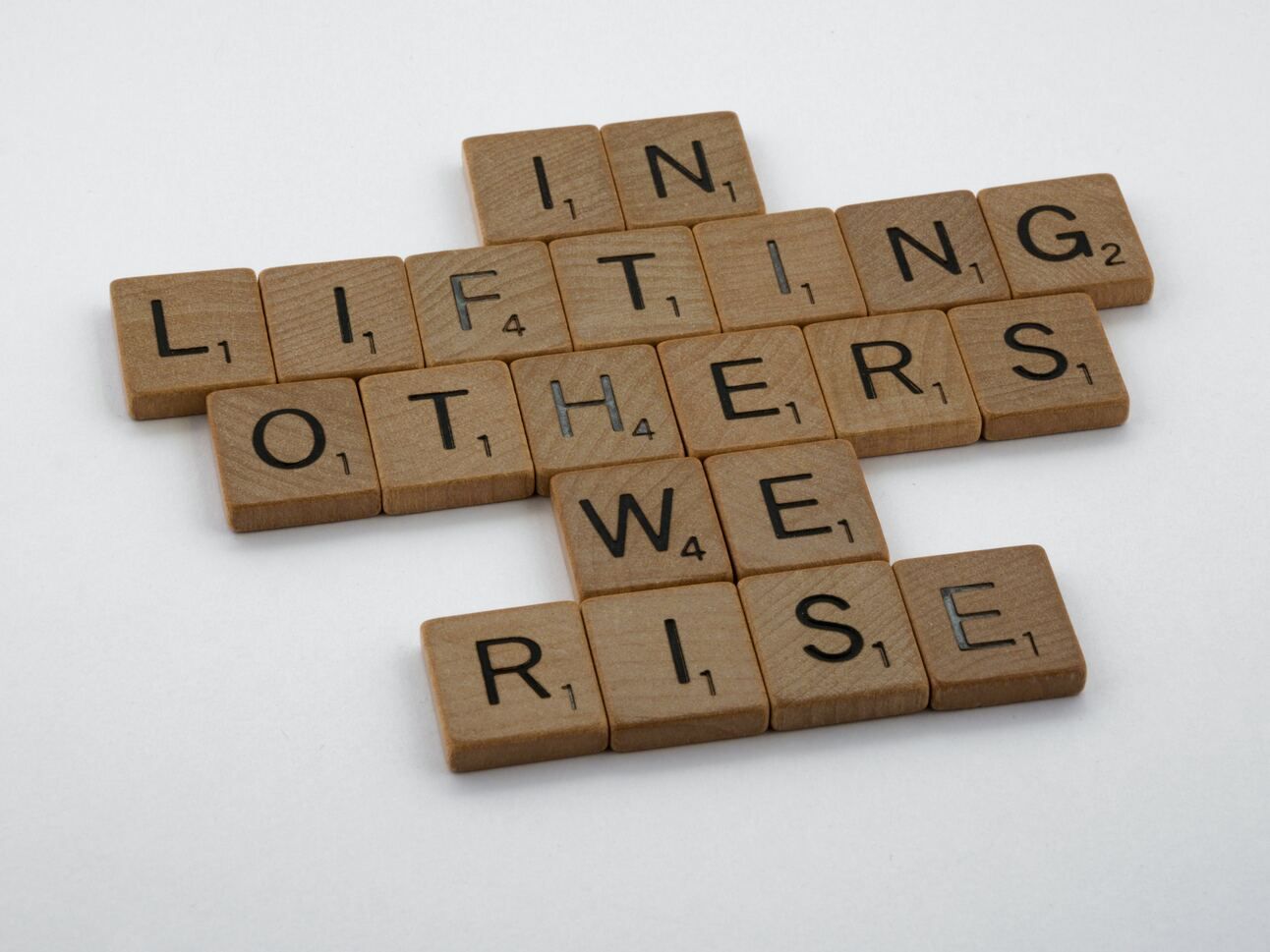
Thursday, August 17, 2023
The best way to find yourself is to lose yourself in the service of others
The Multifaceted Rewards of Helping Others
In a world where individual achievements and personal milestones often take center stage, the timeless act of helping others stands as a testament to the enduring human spirit. Lending a hand, whether big or small, goes beyond mere altruism. The value it brings to the giver, the receiver, and the broader community is deeply interwoven into the fabric of our society. Let’s explore the multifaceted rewards that come from this age-old practice.
Emotional and Psychological Windfalls
One of the most immediate benefits of aiding another person can be felt in our emotions. As per numerous studies, when we engage in acts of kindness, our bodies release endorphins—often dubbed as the “happiness hormones.” This generates a feeling known as the “helper’s high,” mirroring the euphoria some athletes experience, called the "runner's high."
Moreover, in a world where stress and mental health issues are becoming increasingly prevalent, altruistic actions have emerged as an unexpected antidote. People who routinely help others often report reduced feelings of stress and depression. This sense of purpose and increased connection to others acts as a protective barrier against life's adversities. This is further augmented by the enhanced self-esteem and self-worth individuals feel when they know they've made a positive difference in someone’s life.

Fostering Societal Bonds
On a larger scale, the act of helping strengthens the very ties that bind communities. By assisting others, we don't just foster individual relationships but create a more unified community. Such actions underpin societal trust and cooperation.
An intriguing aspect of human behavior is the concept of social reciprocity. When we help someone, it not only immediately benefits that individual, but it also sets in motion a ripple effect. The person who was helped is more inclined to assist someone else, propagating a cycle of generosity. Such cycles enhance community cohesion, making societies more resilient and harmonious.
Holistic Health Benefits
Often overlooked are the physical health benefits that come from assisting others. Engaging in regular acts of kindness, like volunteering, has been linked to improved longevity. A lower mortality rate among individuals who volunteer is a testament to the holistic nature of the rewards of altruism. Additionally, there are indications that blood pressure can be positively impacted by such activities. This twofold boon, both emotional and physical, showcases the symbiotic relationship between the mind and the body.
Broadening Horizons and Cultivating Empathy
Every time we help someone, especially if they hail from a background different from ours, we undergo subtle cognitive shifts. Our perspectives broaden, our worldviews become more inclusive, and we cultivate deeper empathy. Moreover, the challenges that arise while aiding others can sharpen our problem-solving abilities, enhancing cognitive flexibility.
Nurturing the Soul
Many find in their acts of kindness a deeper, often spiritual, fulfillment. Almost all religious and spiritual traditions across the globe emphasize the virtue of aiding those in need. By helping others, we not only align ourselves with these teachings but also foster our moral development, cultivating virtues that enrich our character.
Economic Ripples
Businesses and economies are not untouched by the magic of altruism. Companies that engage in philanthropy or encourage their employees to volunteer often find a boost in morale. This heightened sense of purpose can translate into increased productivity. On a broader scale, supporting underserved communities can stimulate local economies. By giving individuals the resources they need, we empower them to be constructive contributors to society.
Evolutionary Implications and the Altruism Feedback Loop
From an evolutionary lens, the inclination to help might be ingrained in our DNA. Early human communities that practiced cooperation likely had better survival rates compared to their more self-centered counterparts. Today, every act of kindness sets off a positive feedback loop. By inspiring others to act, we create waves of positivity that can touch countless lives.
Helping others, while an act of selflessness, is laden with myriad rewards. From the emotional highs to the physical benefits, from the societal ripples to the economic impacts, altruism stands as one of humanity's most potent tools for personal and collective betterment. As we navigate the challenges of our times, let's remember the power of a helping hand and the profound difference it can make in the world.

